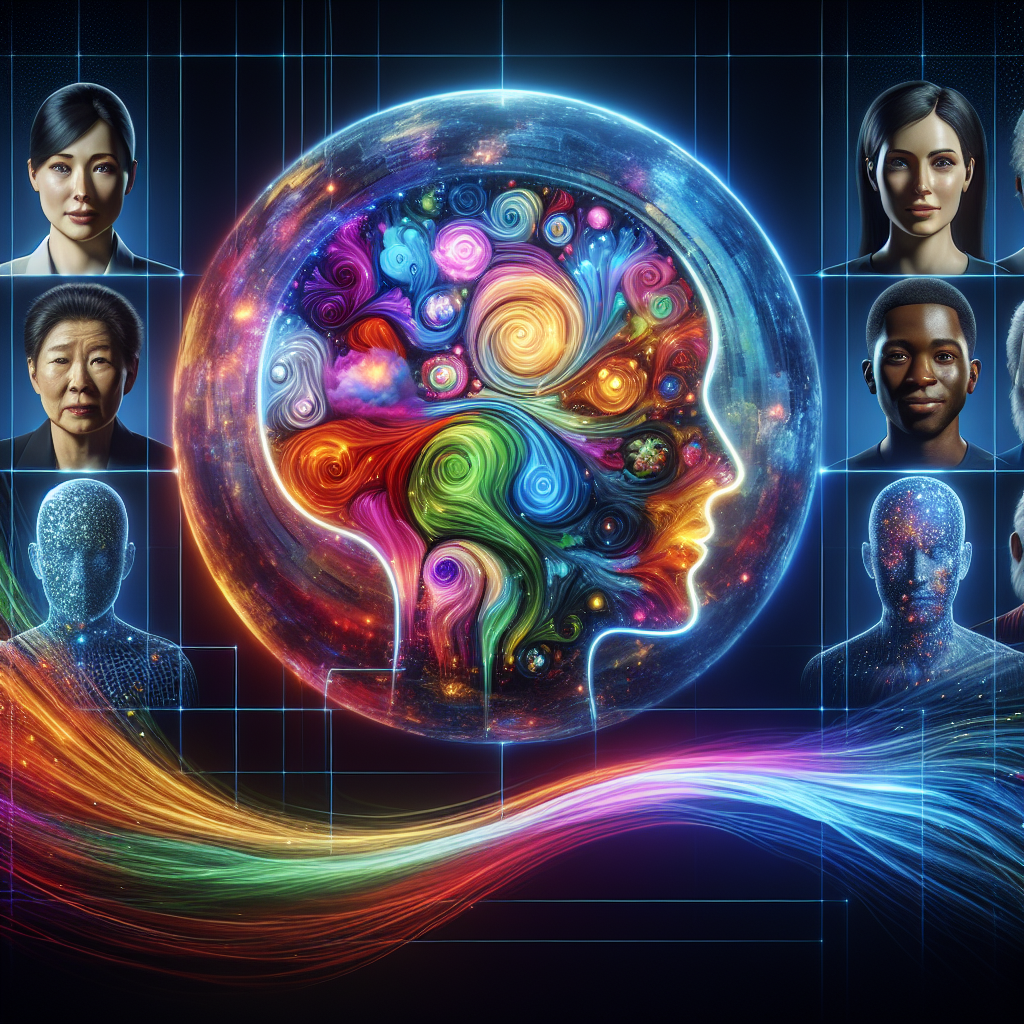AI’s Growing Role in Job Automation
Artificial Intelligence (AI) is rapidly transforming industries by automating tasks previously performed by humans. While automation boosts efficiency and productivity, it also brings significant concerns about employment security and economic stability. Navigating this landscape requires a careful balance between leveraging technological advantages and safeguarding workers’ livelihoods.
Industries Most Affected by Automation
Industries such as manufacturing, logistics, customer service, and data entry are witnessing extensive automation. In manufacturing, robots increasingly handle repetitive tasks with precision and consistency. In customer service, AI chatbots now address basic inquiries efficiently, reducing the need for human intervention.
Pros of AI Automation in the Workplace
AI-driven automation significantly improves efficiency by streamlining repetitive tasks and reducing human error. It enables businesses to lower operational costs, increase productivity, and provide round-the-clock services. Additionally, automation allows employees to focus on creative, strategic, and higher-value tasks, potentially boosting job satisfaction and professional growth.
Cons and Concerns: Job Loss and Economic Inequality
However, automation poses real risks. The displacement of workers due to automated systems exacerbates unemployment and contributes to economic inequality. Lower-skilled jobs, in particular, face significant threats, creating concerns around economic security and the widening socio-economic gap.
Reskilling and Adaptation: Preparing for an AI-driven Workforce
To mitigate negative impacts, businesses, educational institutions, and governments must prioritize reskilling and lifelong learning. Programs focused on adaptive learning, as outlined in your post on 5 Ways AI-powered Therapy Tools Are Revolutionizing, can play a significant role in preparing individuals for evolving job markets. Continuous learning initiatives and adaptable curricula will be key in easing transitions and ensuring economic resilience.
The Ethical Debate: Finding the Right Balance
The ethical considerations surrounding AI and automation are substantial. Companies and policymakers must prioritize transparency and accountability. Ethical frameworks, as explored in The Ethics of Artificial Intelligence and Its Balance, are crucial in guiding responsible implementation and ensuring AI benefits society as a whole rather than widening existing inequalities.
Conclusion
AI’s impact on job automation presents both challenges and opportunities. By proactively addressing workforce transitions, investing in reskilling, and upholding strong ethical standards, it’s possible to harness the efficiency gains from automation while protecting and even enhancing employment opportunities for the future.





Leave a Reply